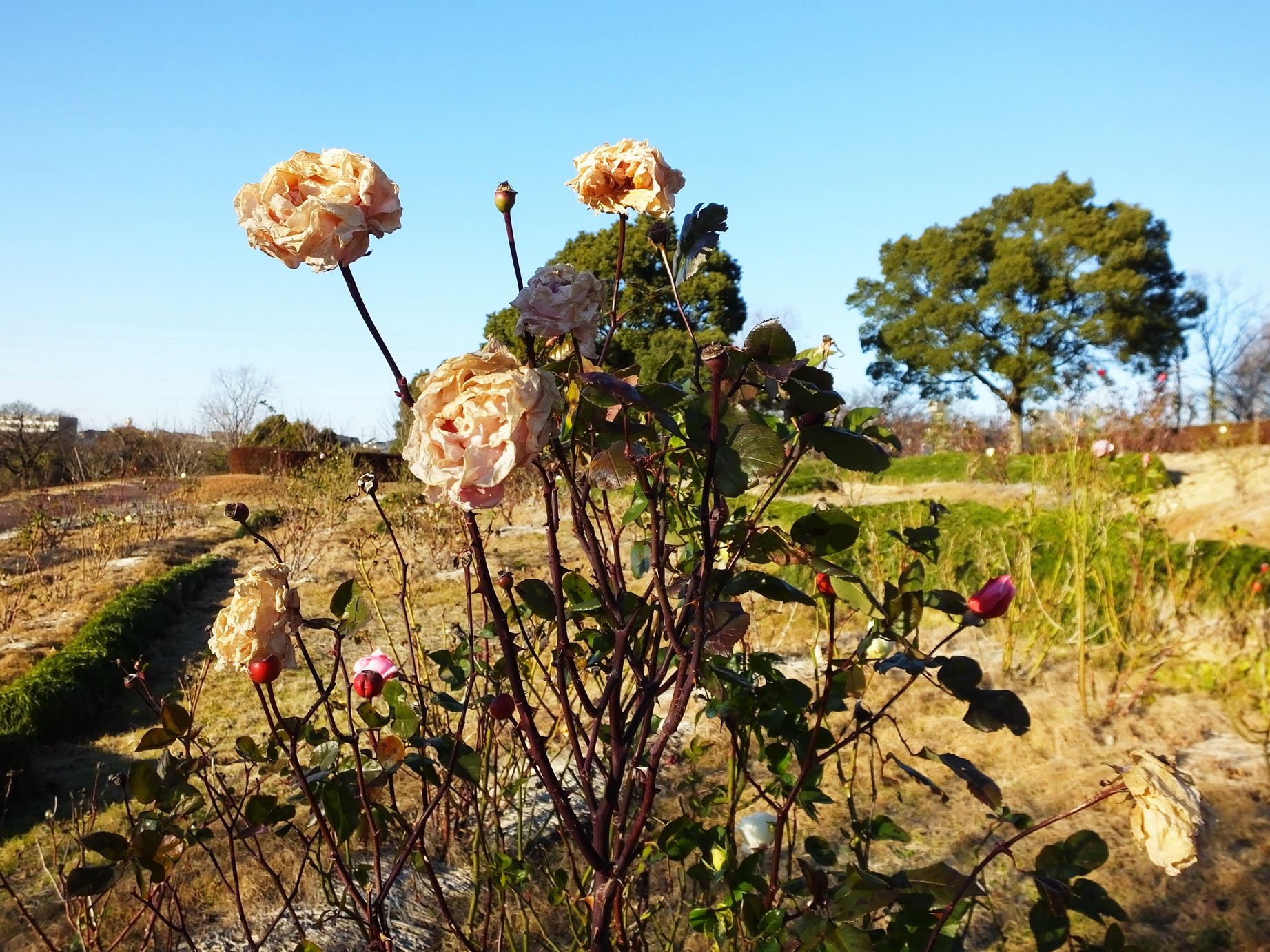
“Youth is happy because it has the capacity to see beauty. Anyone who keeps the ability to see beauty never grows old.” ~ Franz Kafka
I love pink things. I decided to hate them when I was young, because I felt they were too soft, too girly and too nebulous. I didn’t feel I matched pink at all—I almost feared it. And then I went and painted my teenage room dusty rose, and I hated pink even more.
But now I think pink is beautiful (though I love all colours), and associate it less with Barbie-like things and more with a calm, healing heart. And with very cool cinema.
I also think that beautiful is a morning when you can wake up and step right onto a field of grass overlooking palatial mountains that can surely swallow you but don’t.
And the sun has just risen over them and the smell of wild-growing mint is carried to you by a sharp, clear breeze.
Once, on a meditation retreat, I became obsessed with leaves: broad, regal banana leaves; tiny leaves no bigger than the ladybugs crawling in their midst; leaves on bushes announcing themselves in the boldest reds and yellow, dots and lines. I’d never seen vivacity quite like this, and was absolutely certain that all innovative design originates in plant life.
Those leaves, as the silent days wore on, became my cosmic, spectacular muses, and they were so beautiful.
People are so beautiful, in so many overwhelming ways, and how they differ is beautiful in itself.
“Everything has beauty, but not everyone sees it.” ~ Confucius
It’s true that sometimes the mind filters for beauty, and sometimes it does not. This happens to the best of us, even with the same object as our focus.
On top of this, beauty can get a bad rap.
Do you ever feel guilty thinking about beauty when so many ugly things are happening in the world? Do you wonder where the place for beauty is amid all the madnesses, sadnesses and suffering? But what if the guilt we feel about these things is actually making the world a worse place to live in?
Maybe we’ve come to associate beauty with the ‘skin deep’ phenomenon (ever-endorsed by the world of advertising), and relinquish outer beauty because deeper beauty is so much more important.
The art world seems to spin on cycles of celebrating, and then abhorring beauty, finding deep philosophy in what is aesthetically pleasing and then refusing beauty entry into a world if the world is to have any meaning.
Is Warhol art or is he wallpaper?
Is beauty universal or culturally-specific?
Is there beauty in harmony or in discordance?
Is beauty sensual or cerebral?
Is beauty about the pleasure of satisfaction or the pain of transience?
Maybe we don’t have to think in duality, and can throw away discussions of things like pretty-on-the-outside versus beauty within. We don’t need to talk about which is more important. We already know. We know what can blind us and what really moves us deep in our core.
I’d love to think that we’re in a world that celebrates all beauty, and that comes equipped to know beauty without having to define it with words.
Beauty, I think, must be related to acceptance.
We shouldn’t run away from beauty any more than we run away from our fears. At the same time, we shouldn’t run towards difficult things hoping to find a great companion in hopelessness and negativity. Nor should we flee in the direction of beauty to the neglect of all else.
We shouldn’t flee anywhere. Movement is already all around us. What is dark and difficult passes and returns as surely as physical beauty fades and reappears somewhere else, some other time.
Avoiding these cycles is impossible as long as we’re participating in the game of life. We need to embrace what attracts us and face what doesn’t. We should do the former without guilt and the latter without fear.
We can say, “I am so lucky to have this Caramel Corn Explosion ice cream right now.” And you can enjoy every last spoonful. This doesn’t mean you have to horde or devour it, and immediately wish you could eat it all over again once it’s gone, and then speak of nothing else for days to come.
And when something incredibly difficult happens, you can look at it directly and already it is a little less frightening, maybe even a little more beautiful. You can accept that this is happening, and know it won’t be happening forever, and try to make the best choices you can make. This openness is the window that gazes out on beauty.
Years of theory have made me confused about the nature of beauty, but I know that things are more beautiful when my mind is at rest, and not flying around like a drunk moth drawn to light. So I can stop trying to question why I feel the way I do about beautiful things, and start to bring my mind to a state of rest, so that the space where beauty lives can become broader.
No matter how expansive it already seems, it can always grow.
Until something opposite-of-beautiful happens again. And this is precisely where the mind needs to be as calm as it’s ever been, and open to the merest hint of beauty that might be trying to peek in.
What is beautiful for me might not be beautiful to you. But imagine the day that we can both love ourselves for finding beautiful things beautiful, and when we can share these visions with each other in an ever-growing space of beauty.
“Our task must be to free ourselves… by widening our circle of compassion to embrace all living creatures and the whole of nature and its beauty.” ~ Albert Einstein
Love elephant and want to go steady?
Sign up for our (curated) daily and weekly newsletters!
Editor: Catherine Monkman
Photos: Author’s Own











Read 2 comments and reply